For the past few months, The Good Lobby has been tracking how the different European political parties were drafting their manifestos, highlighting relevant processes and opportunities for civil society to influence the agenda of each different Europarty.
Most Europarties have now adopted their respective manifestos ahead of the 2024 EU elections, and The Good Lobby has evaluated each document to check how transparent and democratic was the drafting process behind each Euromanifesto.
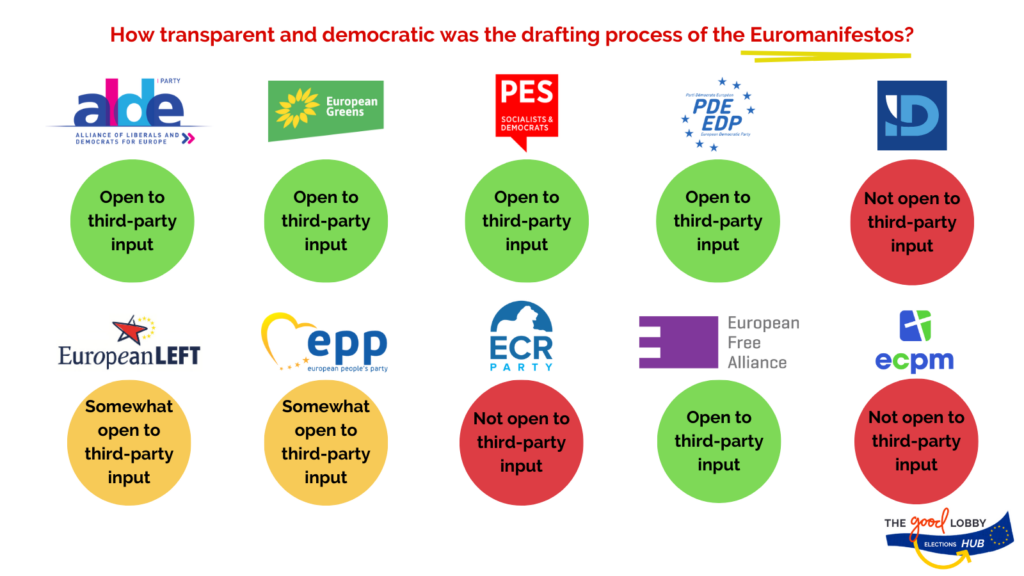

Your Europe, Your Freedom: Delivering Change for You
Adopted: 21 March 2024, ALDE Party’s Extraordinary Congress, Brussels
- Civil society in manifesto ranking: Orange

Adopted: 4 February 2024, 7th Extended EGP Congress, Lyon
- Civil society in manifesto ranking: Green

The Europe We Want: Social, Democratic, Sustainable
Adopted: 2 March 2024, PES Election Congress, Rome
- Civil society in manifesto ranking: Orange

Adopted: 14 October 2023, EFA Congress, Strasbourg
- Civil society in manifesto ranking: Orange

The European Democratic Party EDP**
Adopted: 8 March, EDP Convention, Florence
- Civil society in manifesto ranking: Orange

European Elections 2024 Manifesto
Adopted: 24 February, The Left General Assembly, Ljubljana
- Civil society in manifesto ranking: Orange

Our Europe, a safe and good home for the people
Adopted: 7 March, EPP Congress, Bucharest
- Civil society in manifesto ranking: Orange

The Benedictine Vision: A Charter for Conservative Values
Adopted: 21 March, ECR event, Subiaco
- Civil society in manifesto ranking: Red

No manifesto expected
- Civil society in manifesto ranking: Red

Adopted: 8 December 2023, ECMP General Assembly, Brussels
- Civil society in manifesto ranking: Orange
To what extent is public & civil society participation in EU decision-making processes reflected in each Europarties’ manifesto?
Discover moreLearn more about The Good Lobby’s work on the EU Elections
Visit the dedicated page by clicking on the button on the right
The Good Lobby unveiled how civil society organisations, citizens movements and individual citizens could contribute to the Europarties’ election manifestos. This work has been featured in the Politico EU Influence newsletter highlighting the growing need for input to these manifestos as “Parties are soliciting new ideas earlier and with greater intensity than ever”!
In the run-up to the 2024 European Parliament elections, Europarties have begun adopting their electoral programmes, also known as “Euromanifestos”.
It is important to note that these manifestos have evolved from mere documents to potential avenues for long-term influence. They act as the parties’ wish lists for shaping the work program of the next Commission. This makes them potentially significant not just for influencing the Commission and Parliament but also the Council. Moreover, Europarties are also feeling the pressure to be more visible to the average voter.
Yet the process behind these programmatic documents has historically been opaque, hindering civil society’s ability to understand and prepare for future election cycles. Hence our effort at popularising and demystifying the complex processes behind the preparation of political manifestos.
We did this by first unpacking the various opportunities, be they formal or informal, open or closed-door, offered by the Europarties themselves. Second, we offered a set of recommendations on how to find inroads into Euromanifestos even when the preparation of these did not explicitly foresee opportunities for external input. Ultimately, to ensure Europarties’ adherence to EU values – as enshrined in all Europarties’ Charters – requires an understanding of the processes through which they prepare for the next EP elections.
What were the key opportunities to contribute
The table below identified the key opportunities to contribute to different election manifestos. The traffic light colours indicated the level of openness of each individual Europarty vis-à-vis third party input, with a gradient from red (no formal process nor accessibility), amber (some process, some accessibility) to green (formal process and formalised opportunities to contribute).
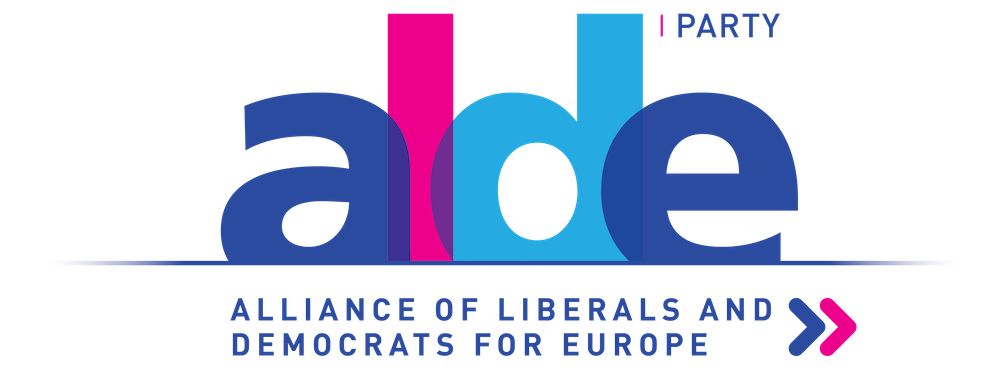
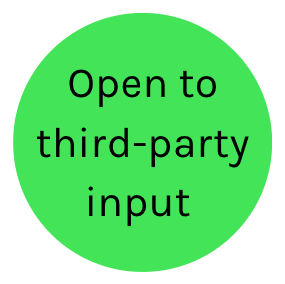
When?
Online public consultation, April-September 2023
Town hall meetings in Member States, April-September 2023
How?
- Participate in online public consultation
- Engage with the Manifesto Drafting Committee & ALDE Secretariat
- Participate in town halls & upcoming ALDE events
- Reach out to ALDE’s national members re: opportunities at national level for contribution
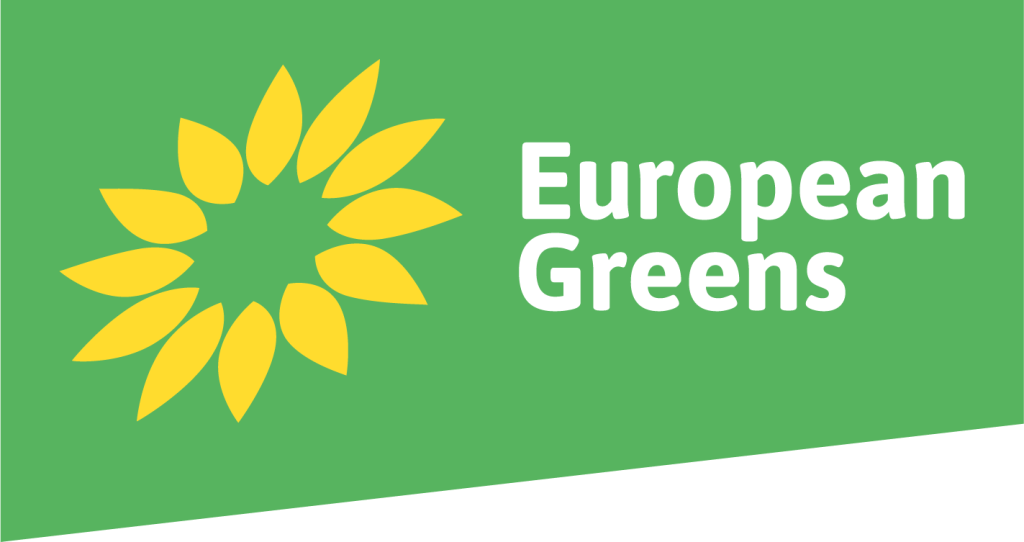

When?
Online public consultation by 30 June 2023
38th Congress, 1-3 December 2023, online
Electoral Congress, 2-4 February 2024, Lyon, France
How?
- Participate in online public consultation
- Engage with the Greens’ Secretariat and Editorial Working Group (body in charge of Greens’ Manifesto Process)
- Reach out to Greens’ national members regarding opportunities at national level for contribution
- Attend the 38th Congress & Electoral Congress
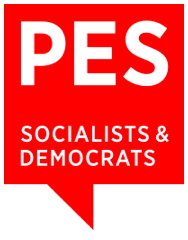

When?
Civil society consultation, April-September 2023
13th Congress, 10-11 November, Malaga, Spain
Electoral Congress, January-March 2024
How?
- Contact PES secretariat to receive an invitation to the consultation.
- Engage with PES staff on specific issues
- Reach out to PES national members regarding opportunities at national level for contribution
- Attend the 13th Congress & Electoral Congress

When?
EFA Party Congress, 13-14 October in Strasbourg, France
How?
- Contact the EFA Secretariat
- Attend the EFA Party Congress
- Reach out to EFA national members regarding opportunities at the national level for contribution


When?
- EDP Congress, 14th October 2023, Mainz, Germany.
- EDP Convention, January-March 2024.
How?
- Contact the EDP Secretariat
- Attend the EDP Congress and Convention
- Reach out to EDPs’ national members regarding opportunities at national level for contribution
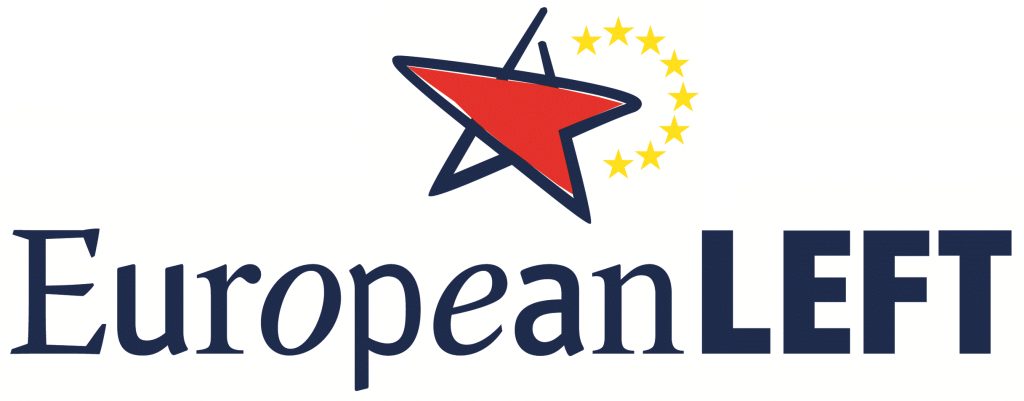
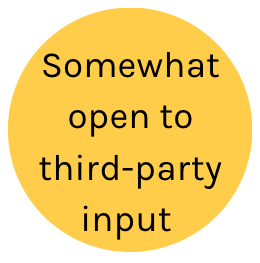
When?
Summer University, 6-9 July 2023, Ljubljana, Slovenia
How?
- Join the Summer University
- Engage with members of the Executive Board
- Reach out to the European Left national members regarding opportunities at national level for contribution
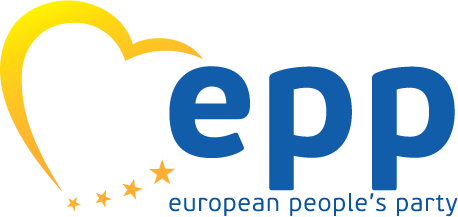

When?
EPP Party Congress, 6-7 March 2024, Bucharest
How?
- Contact the EPP Secretariat regarding opportunities for contribution
- Attend the EPP Party Congress
- Reach out to EPP national members regarding opportunities at the national level for contribution
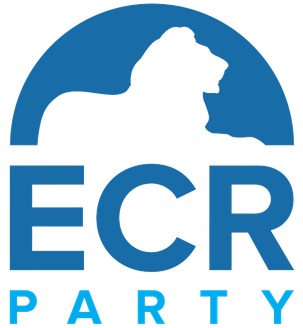
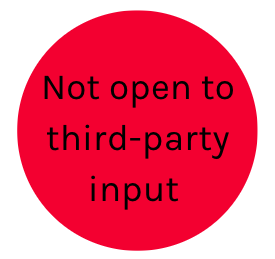
When?
This party has yet to decide on its manifesto process
How?
It is recommended to reach out to:
- Individual members
- National parties
- European Parliamentary Groups
- Political Foundations (e.g. New Direction)

When?
This party has yet to decide on its manifesto process
How?
It is recommended to reach out to:
- Individual members
- National parties
- European Parliamentary Groups
- Political Foundations
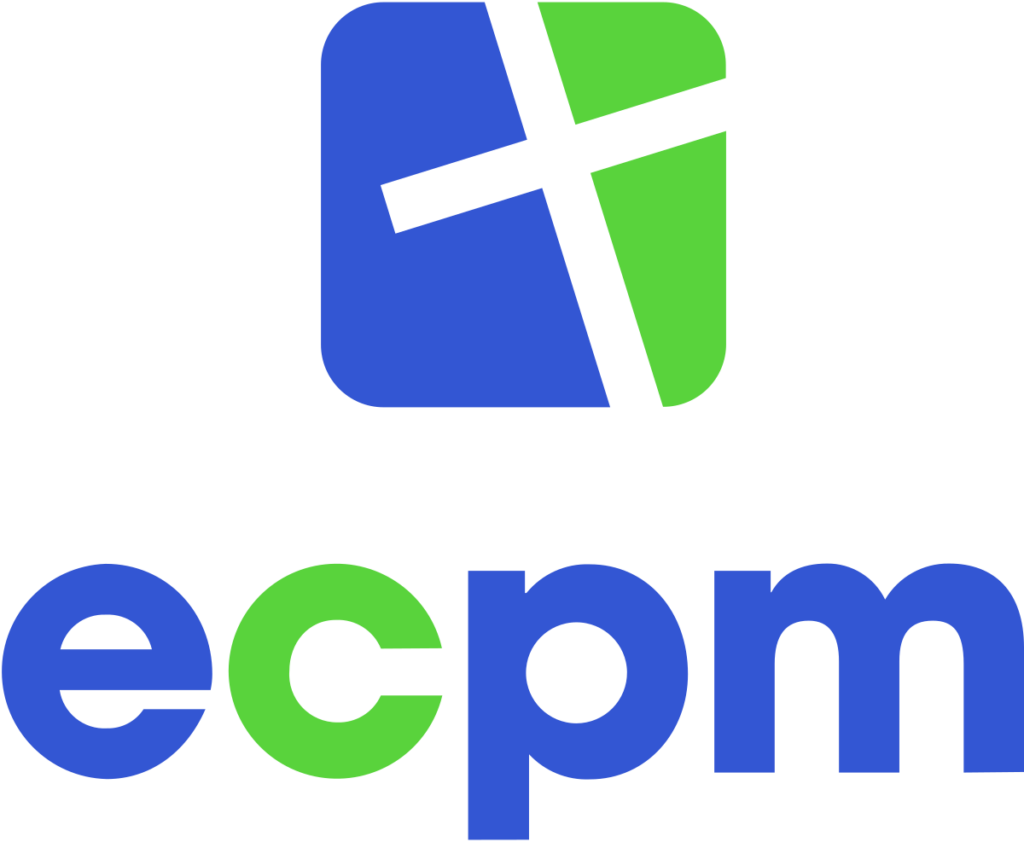

When?
This party has yet to decide on its manifesto process
How?
It is recommended to reach out to:
- Individual members
- National parties
- European Parliamentary Groups
- Political Foundations
Why are manifestos so invisible and inaccessible?
There are many reasons for the historical reluctance of Europarties to allow for external input in the preparation of their manifestos. First, EU-wide elections are still the domain of national parties, who select their candidates, draft their national programmes, at the domestic level. Second, the Europarties themselves are ‘parties of parties’ that do not compete for the votes of the whole European electorate, but only of their national electorates. Third, only a few Europarties follow a transnational and structured process leading to the definition of a pan-EU political manifesto.
This might however be changing. If the German, Polish, Romanian and other national party members of the same Europarty – be they the Greens, EPP, or Liberals – share similar political priorities, then a programme can be proposed across the EU transcending national borders of the individual member countries. In other words, when the policy agendas of the national parties grouping in the same Europarty can be successfully aggregated, Europarties may suddenly offer coherent and competing electoral programmes to the European citizens.
However, being typically untransparent and obscure to most civil society organisations and citizens who are outside of party circles, the preparation of manifestos risks remaining impenetrable. Hence our interest in mapping out and understanding the various processes to not only make them more visible, inclusive and potentially accountable to the greater public, but also to allow civil society organisations and citizens to be better prepared for future election cycles.
Watch this space
The Good Lobby intends to provide further guidance in the coming months on how civil society organisations, citizen movements and individuals may engage with Europarties ahead of the next European Parliament elections. Watch this space for more information in the coming weeks!
Methodology
This applied research work was prepared by Professor Alberto Alemanno with the support of The Good Lobby team. It relies upon dozens of interviews with political parties’ representatives, and academics as well as desk research and relevant academic literature.
Share your story
If you ever tried to contact a Europarty, be it directly or via one of its members, please let us know. If you have 10-15 minutes to spare, please complete this survey.